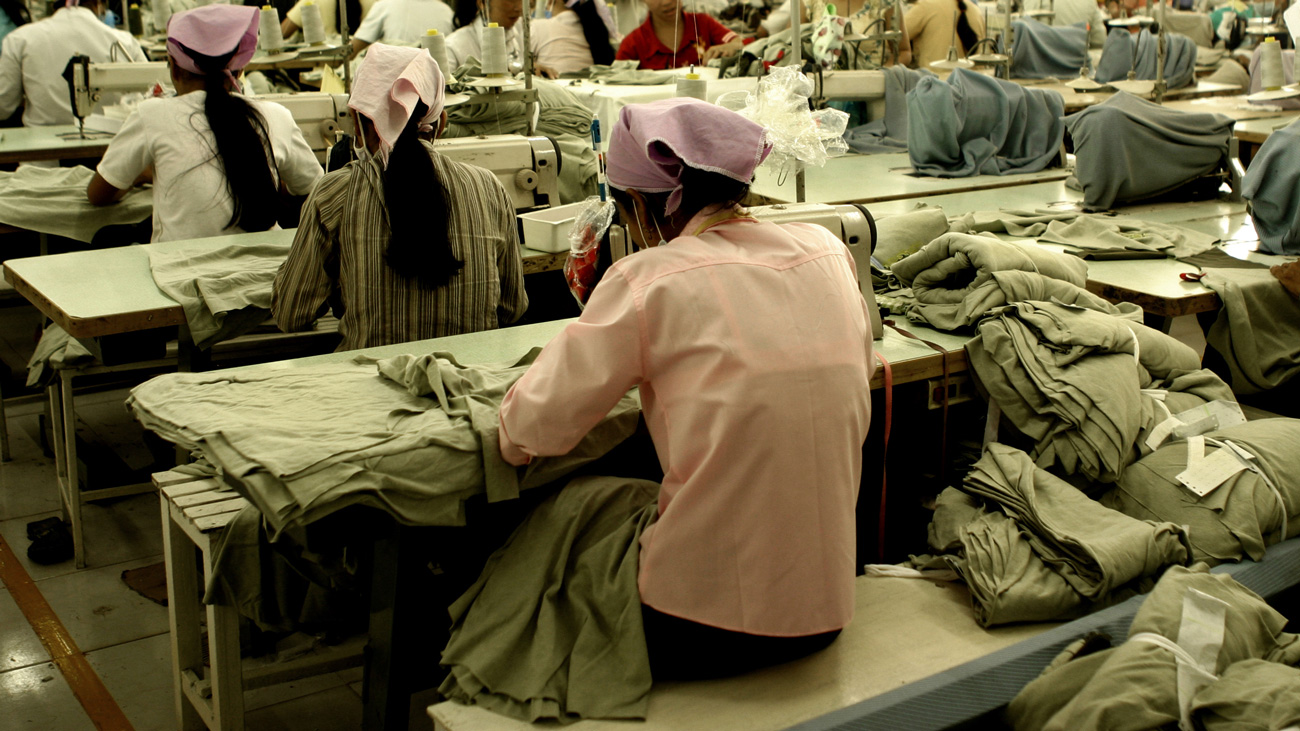
New duty to protect staff from sexual harassment at work
In response to a consultation on sexual harassment in the workplace, the Government has announced it will be introducing a new duty requiring employers to take proactive steps to prevent harassment occurring.
The new duty would see changes to existing laws, under which an employer is only liable if an incident of sexual harassment occurs and they have failed to take preventative steps.
It is hoped that this change will encourage employers to take positive proactive steps to make the workplace safer for everyone. The consultation proposed that, if a proactive duty were introduced, it should mirror the existing legal requirement on employers, but shift the point of liability to emphasise the importance of taking necessary preventative steps before an event occurs. Therefore, under the proposed duty, employers would still be required to take ‘all reasonable steps’ to prevent sexual harassment in their workplace – just as they are now – but they could potentially be held to account for failing to take these actions without the need for an incident to have occurred. 60% of respondents thought a new duty would prompt employers to prioritise preventing harassment, and 57% of respondents agreed with the proposed approach.
Section 26 of the Equality Act 2010 defines sexual harassment as “Engaging in unwanted conduct of a sexual nature, and the conduct has the purpose or effect of violating dignity or creating an intimidating, hostile, degrading, humiliating or offensive environment.”
The Government has also stated it will be looking into extending the timeframe to bring cases of sexual harassment forward to an Employment Tribunal, potentially pushing the time limit for bringing Equality Act 2010 based cases from three months to six months. In sexual harassment cases, time limits may be particularly problematic, given that the trauma experienced can be a significant delaying factor in considering recourse. Of the 100 respondents to this question in the technical survey, 59% thought the current three-month time limit was too short. The most common reasons were that people miss the limit as they are dealing with the trauma caused by harassment, and that the limit is incompatible with the length of internal grievance procedures.
The report also outlines that Government will be introducing explicit protections from third-party harassment including clients or customers.
Elizabeth Truss MP, Minister for Women and Equalities comments:
“The steps we plan to take as a result of this consultation will help to shift the dial, prompting employers to take steps which will make a tangible and positive difference. We want to provide the right legal framework, which supports employees and employers alike. We will be providing further protections to employees who are the victims of sexual harassment, whilst also furnishing employers with the motivation and support to put in place practises and policies which respond to the needs of their organisation. We now have a real opportunity to transform the workplace and guarantee everyone an environment in which they can thrive and feel safe.”
Commenting on the response to the consultation, TUC General Secretary Frances O’Grady said:
“No one should face sexual harassment at work, but the shocking reality is that most women have. Employers will now have a legal responsibility to protect their staff from sexual harassment.
“And employers must now protect their workers from all forms of harassment by customers and clients as well as from colleagues. This will help stamp out sexual harassment of women workers, and racist and homophobic abuse too. And it will make all public-facing workplaces safer – from shops to surgeries, salons to showrooms.
“If this is to be a genuine turning point, the Government must change the law swiftly, put more resources into enforcing the new duties, and make sure victims have access to justice. Ministers have taken an important first step – but they must keep up the momentum. Sexual harassment at work is rife and needs tackling now.”
The Government response to the consultation can be viewed here.






